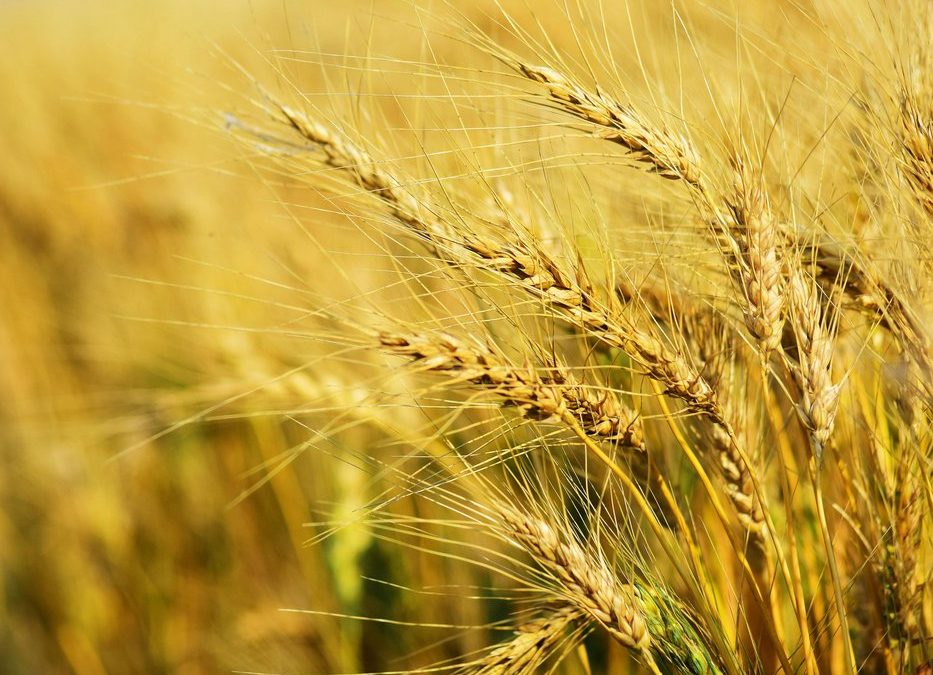Photo: Wheat crop / Shaynee Modien, Local Journalism Initiative Reporter
Shaynee Modien
Local Journalism Initiative Reporter
The Shaunavon Standard
Recent developments in research aim to improve wheat during times of drought. Due to Canada’s changing climate and market needs, scientists at Agriculture and Agri-Food Canada have developed a more drought-resilient wheat.
Dr. John Laurie and his team at the Lethbridge-based AAFC are leading the way in researching newly developed genes affecting drought tolerance. The scientists have been working with circadian clock genes that regulates plant growth and response to environment and have created genetic variety at these genes.
While the study of genes in agriculture has been ongoing for decades, Dr. Laurie’s team has recently been focusing on circadian clock genes since these genes have been important for crop domestication, including for wheat.
By taking lessons from natural genetic variation, the team aimed to tweak a particular wheat circadian clock gene. This “slight tweak” was accomplished, and according to Dr. Laurie, the team has accelerated a natural process that has resulted in improved drought-tolerance.
Numerous tests have been conducted since the discovery, and the results have consistently shown that this specific mutation significantly improves drought tolerance. Dr. Laurie notes that “editing genes to improve drought tolerance” is a viable approach.
The researcher emphasizes that they “know exactly which gene we’ve changed” that can help make wheat crops more resilient. Drought tolerance is known to involve many genes, making it a challenging trait for plant breeders to incorporate into elite lines. As Dr. Laurie mentions, answering questions like “Why did one small change in a single gene make the plant drought-resilient?” is the focus of follow-up research and continued work towards further crop improvements.
